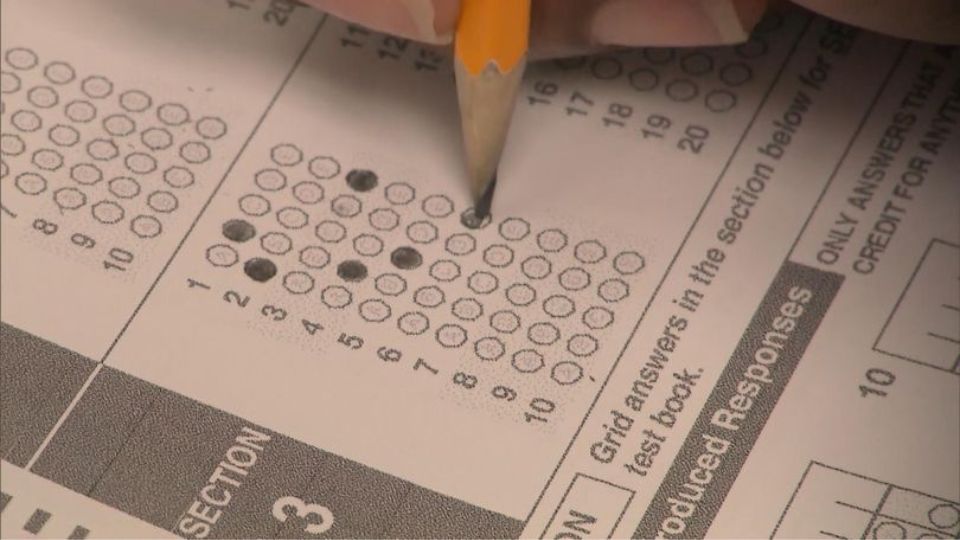Pennsylvania students will soon stop taking standardized tests with pencil and paper. Instead, they will use computers to take the tests online.
On Thursday, Governor Josh Shapiro announced in Pittsburgh that PSSAs and Keystone Exams will be taken online by students throughout the state. The change will take place by 2026 for school districts in the Commonwealth. It will allow teachers to use their time and the academic calendar more efficiently.
“Moving tests online will allow schools to receive results more quickly,” he said. “Teachers can use the results to help students catch up before the end of the school year.” The governor spoke at a news conference at Northgate Middle School in Allegheny County. The school already gives online assessments to its students.
According to Shapiro, this change will save the Commonwealth over $6.5 million every year. It will also make it more convenient for students who need special accommodations to request them without feeling embarrassed in front of their classmates.
Online exams would be different from traditional exams. Students would be able to use techniques like dragging and dropping answers, which are commonly used on computers, instead of just filling in bubbles.
Also Read: Former College Student From Illinois Found Not Guilty Because of Insanity
The announcement was well-received by some people, like Portia Slaughter, who works as an assistant superintendent at the Harrisburg School District. She mentioned that schools usually have to wait until after the academic year to see the results.
Slaughter said that “championship teams” are formed during the summer. The sooner we get the results, the sooner teachers can start working on improving students’ performance.
“We have enough time to take action before the summer and we also have the summer to prepare more effectively before the new school year starts,” she said. Representative Jesse Topper, who is the minority chairman of the House education committee, agreed that the technology could be a useful tool in public education.
However, Topper, who represents Bedford and is a member of the Republican party, expressed his worries and raised questions about the quality of the assessments in accurately measuring student achievement. He also emphasized the importance of teachers being able to handle any technology problems or other issues that may arise during the digital assessments. “I want to know what measures will be taken to prevent that and how we will keep track of it,” he said.



Leave a Reply